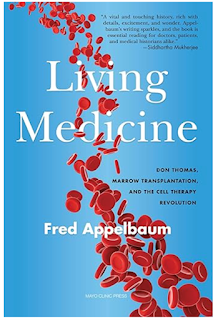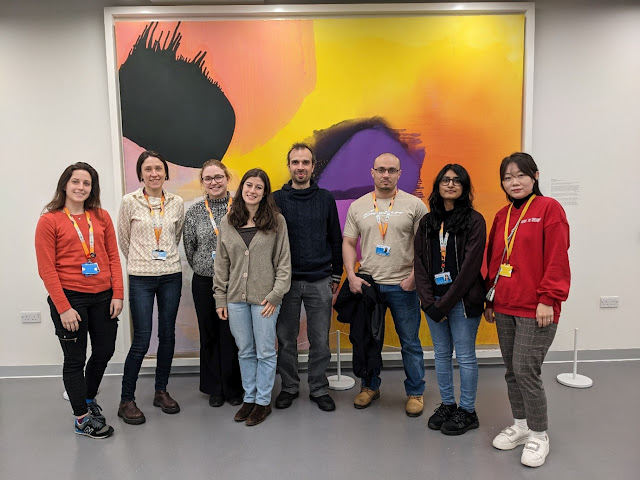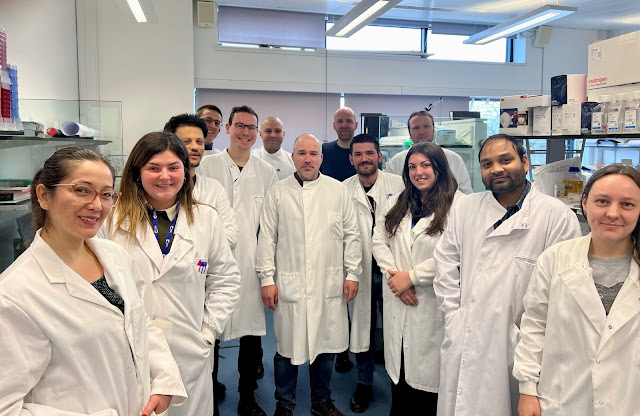What I Have Learned in My First 3.5 Years as Principal Investigator

What I Have Learned in My First 3.5 Years as Principal Investigator I am a physician scientist at Boston Children’s Hospital. Our lab studies the changes that occur in blood formation across the lifespan and how this impacts age-biased blood diseases – this work is strongly driven by my perspective as a pediatric hematologist. In this post, I share some of the lessons that I have learned over the first 3+ years as a PI. This advice is not one-size-fits-all – you can take it or leave it, and I am sure everyone’s situation is different in one way or another. You must spend money to make money. When you start a lab, your institution may provide you with startup funds. What funding you receive is variable and open to negotiation. This funding is crucial to support your pet projects that are not externally funded, fill gaps in salary support, and in many cases, to support your own salary. Early on, I was overly protective of my startup., then I realized that the point of this money is...






.png)

